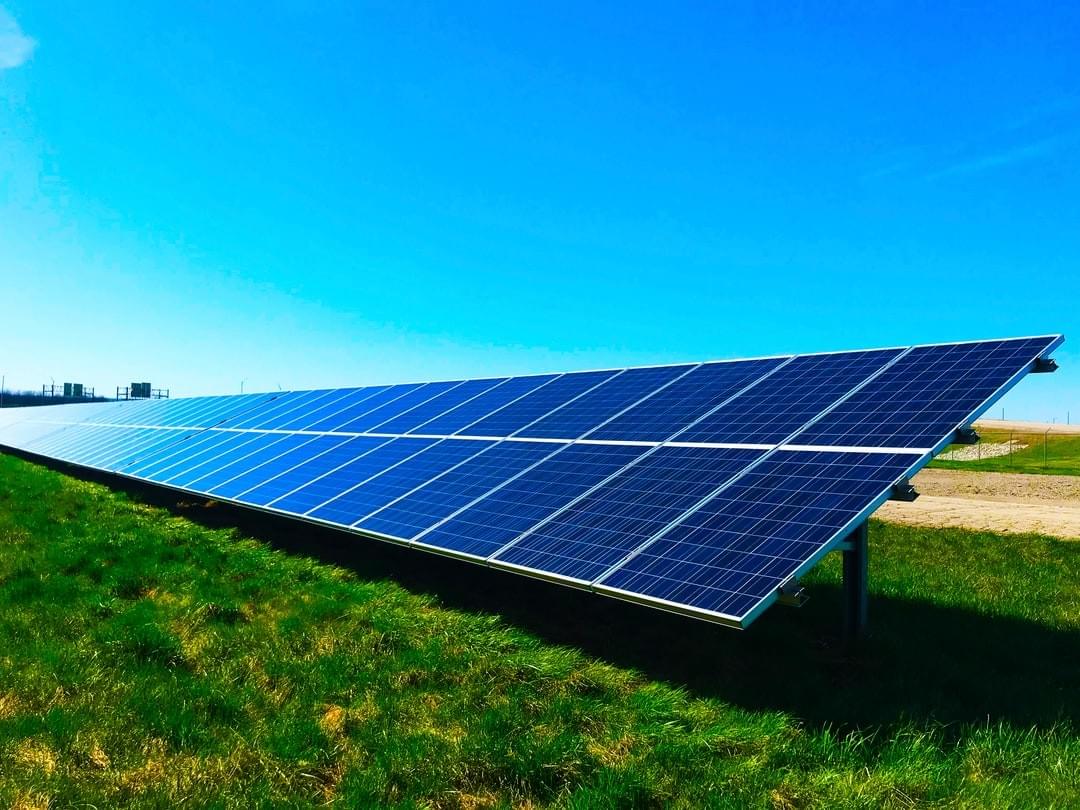
There are two different types of solar power. The first, photovoltaics, converts sunlight directly into electricity. The second type, concentrated solar power, uses mirrors, lenses, or other devices to collect sunlight and focus it on a collection device. A third type, solar tracking systems, make use of both methods. The best system will be a combination of both. It's important to understand how each works before deciding which is right for you.
There are many types of solar installations, so it's crucial to do your research before hiring an installer. First, find out how long they've been working in your area and if they have any special permits. If the installation company has been in business for a while, it will take weeks to get them approved. While the entire process may seem time-consuming, it's worth your while to follow up on the progress every few days to make sure everything is on track. Click on the link to learn more regarding solar installation.
Solar installers must obtain permits from the local planning and zoning commission before beginning any work. They'll be responsible for completing the permitting process, but it's always a good idea to get copies. These permits are required for certain financing and incentive programs. Residential building codes often require building permits, so you should ask your installer about these requirements before you start the project. In general, solar installation requires little or no supervision, but a skilled solar installer should be able to complete the job quickly and professionally.
Before solar installation, you should consult an engineer. A certified engineer will inspect your home and assess its electrical status to determine if it's compatible with the new energy system. Most installers will employ an engineer to evaluate your home. Once the installer has determined that your home meets the necessary requirements, the engineers will visit your home to ensure that everything works smoothly. You can then sign the contract. Then, the installation can begin! Your new solar system can save you money while making the environment more sustainable and comfortable.
There are various permits and regulations related to solar installation. These permits will allow the installer to perform the installation. The installation is legal and requires the approval of the local planning and zoning commission. The homeowner can ask the installer about the particular requirements of the building permit. Generally, it's not necessary to obtain a building permit for residential installations. If the installer has already acquired the necessary permits, the installation will go ahead without it. If you're worried about the paperwork, you can contact the city's Planning Department. Follow the link to continue reading about the various permits and regulations related to solar installation.
Before solar installation, you must get the necessary permits and licenses. You'll need permits from the local planning and zoning commission to install a solar panel on your property. Depending on your state's regulations, you can apply for these incentives and obtain the necessary paperwork. However, if you're not able to obtain these permits, the process will be much more complex and difficult.
In addition, a permit may not be sufficient enough to install a solar panel in your home, and you'll need to pay a fee for it. If you probably want to get more enlightened on this topic, then click on this related post: https://en.wikipedia.org/wiki/Solar_cell.